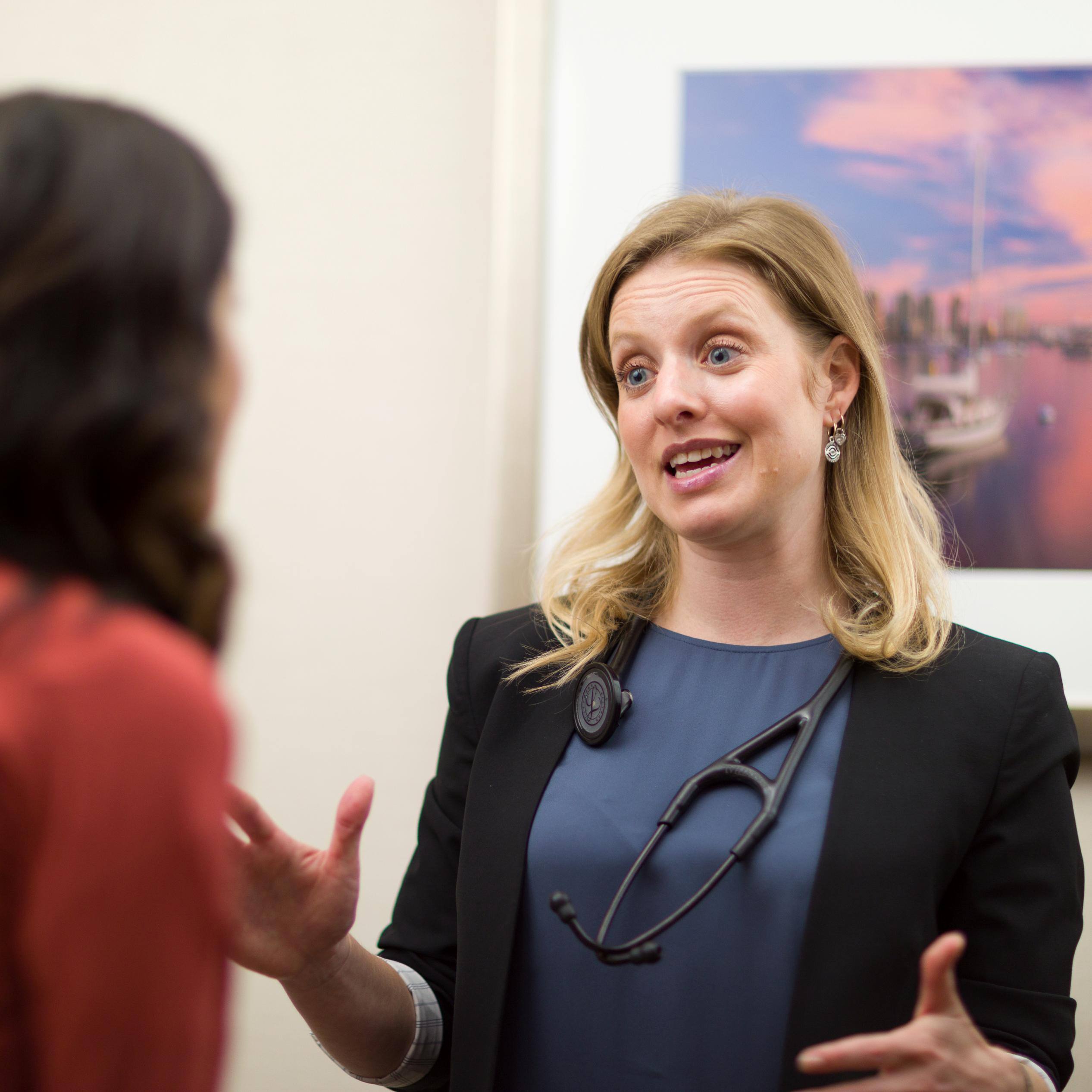Colorectal cancer is a cancer of the lower digestive system, which includes the colon and the rectum. If you feel like you are hearing a lot about this topic lately, it's because March is Colorectal Cancer Awareness Month. The goal is to increase awareness and encourage people 45 and over to get screened. And that doesn't just mean a colonoscopy.
Did you know that there's more than one option for a colorectal cancer screening? That's only if you don't have bowel issues and are of average risk.
Journalists: Broadcast-quality video (1:00) is in the downloads at the end of this post. Please courtesy: "Mayo Clinic News Network." Read the script.
A colonoscopy allows your doctor to check for polyps and other issues inside the rectum and colon, and, if necessary, remove them.
"A polyp is a small, wartlike growth that initially may even be asymptomatic," says Dr. Johanna Chan.
Over time, those polyps may form into cancer, says Dr. Johanna Chan, a Mayo Clinic gastroenterologist.
"If we're able to detect the colon polyps at a small and early stage, and resect them completely, we can actually prevent colon cancer from developing in the first place."
Bowel prep for a colonoscopy can be difficult for some. Other tests may be a better option.
"And for some patients who might otherwise not undergo any screening, there certainly are alternatives, including noninvasive stool testing, certain imaging modalities, like CT-based testing."
The most important colorectal cancer screening is the one that you do.
"Speak with your own provider and your own physician with an appropriate family history, symptom history, and have your team help you pick the right screening modality."
Related posts:
- Mayo Clinic Minute: Why millennials should know colon cancer symptoms?
- Mayo Clinic Minute: Who should be screened for colorectal cancer?
For the safety of its patients, staff and visitors, Mayo Clinic has strict masking policies in place. Anyone shown without a mask was recorded prior to COVID-19 or recorded in an area not designated for patient care, where safety protocols were followed.







